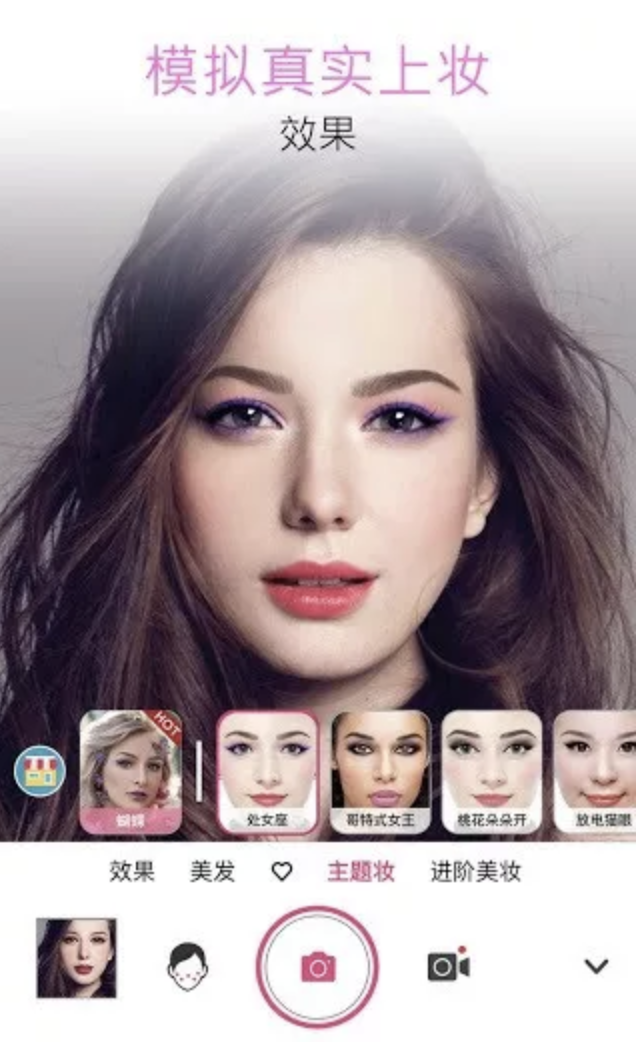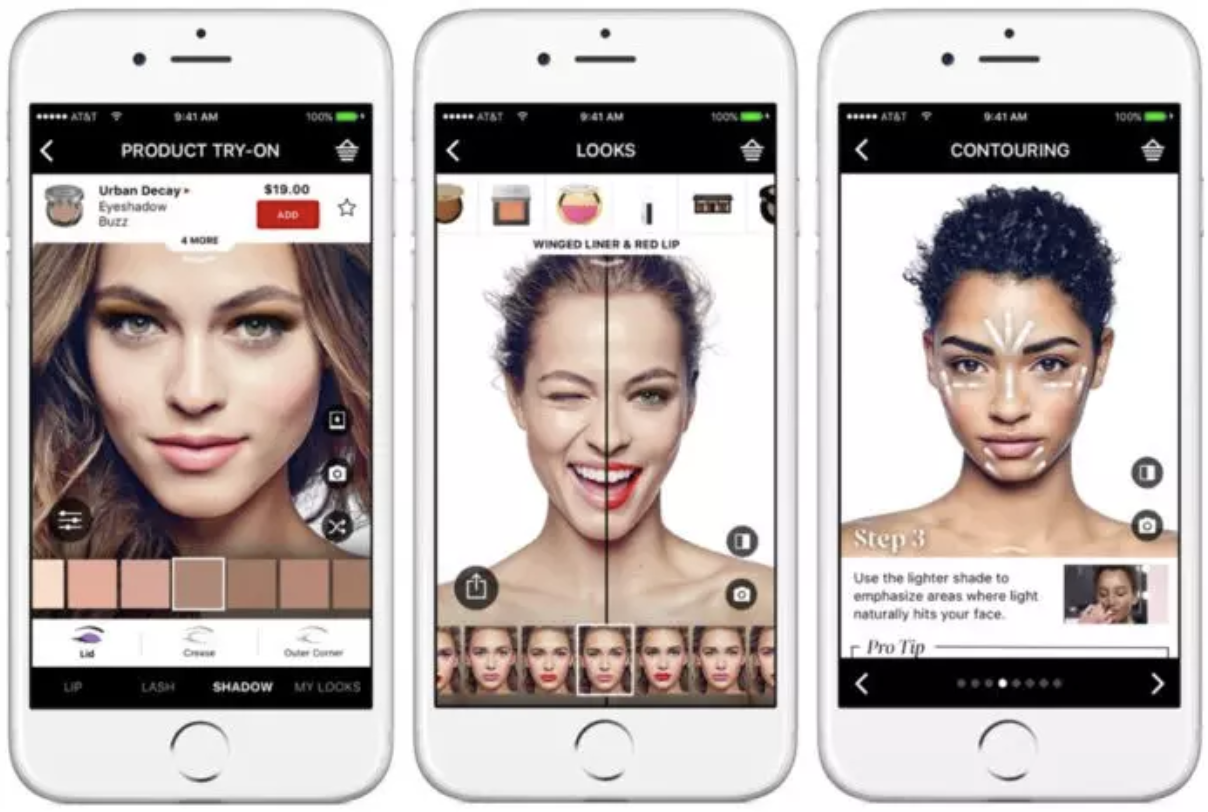AI is Transforming the Beauty Industry
More and more beauty brands are adopting AI and AR technologies to enhance personalized digital experiences for customers. Estee Lauder is doing this, and Sephora is too. If your beauty industry hasn't started integrating advanced technologies like AI into your business model, you might be considering it.
Sephora recently launched the "Sephora Virtual Artist" app, which uses augmented reality technology to enhance the online experience. With facial recognition technology, the app can detect the location of users' facial features, helping them virtually apply contour and eyeliner effects on their phones. Top beauty brands like NARS, Estee Lauder, and Maybelline already have such applications, allowing users to get customized beauty effects with just a click of a button.
Customer-Centric Business Model¶
"There are traditional players, and now there are digital brands and startups, making the cosmetics industry a very crowded space," says Benjamin Lord, Executive Director of E-commerce at NARS. "Therefore, it is now very important for us to become more customer-centric and provide a more personalized experience for shoppers in this field."
Industry insiders fear that human service will be threatened in this red ocean market. However, China's online retail sales are expected to exceed $1 trillion in the coming years, and the country's largest online retailer, JD.com, has launched its "AR Styling Station" to help customers virtually test various products through real-time feedback. Considering that over 266 million customers use this app for shopping, this is a wise move for the company. People are now less concerned about where they get their products from and more about how they can get them.
Finding a Place in the Digital Space¶
This is precisely why L'Oréal, the world's largest beauty company, recently acquired the Canadian beauty tech entity ModiFace, one of the most advanced AR suppliers in the cosmetics industry. Before being acquired by L'Oréal, ModiFace was at odds with the AI tools of Estee Lauder and Sephora. The tech giant recently collaborated with MAC to launch in-store augmented reality mirrors, allowing curious shoppers to try on makeup electronically. In fact, L'Oréal is actively seeking to dominate the digital space, as evidenced by its acquisition of ModiFace.
Advanced Technology vs. Human Service¶
Meeting consumer demands means ensuring you have everything your competitors have, at least the effective ones. From an app that can determine skin tone matching based on selfies to the shape of the frames that best suit your eyebrows, online portals have become a sanctuary for beauty enthusiasts. But will these services pose a threat to the expertise of human beauty professionals?
It certainly isn't out of the realm of possibility. According to the Daily Telegraph, Skin Advisor is an app that analyzes users' skin and skincare habits, achieving a higher success rate in guessing facial age than expert dermatologists.
"The app's creator, Jun Xu, stated that the app has learned to understand age and skin defects by showcasing thousands of aging faces."
From contouring lessons to touchscreens that emit different fragrances, companies quickly realize that customer desires are their commands.


